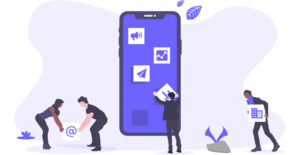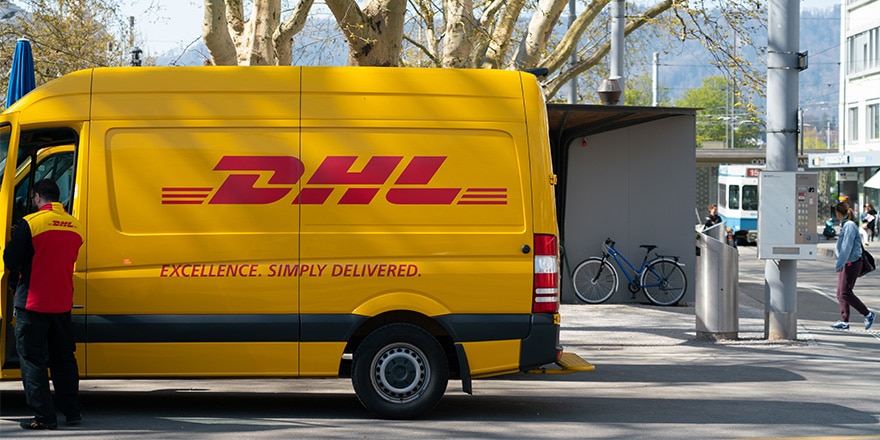
Offline2On : The eCommerce Community Comes Together to Help SMBs
Redstage and our partners are united towards a common goal: Getting online merchants up and running at full speed during the crisis at all costs. Even if it means working for free. As one of many stakeholders in the advancement of the eCommerce industry, we’re committing to action, rather than platitudes. Here’s what merchants need to know about the initiative.
Offline2On: What is it?

Offline2On is a cross-platform initiative sparked by more than 1,000 leaders in the eCommerce industry. Platforms like Magento, BigCommerce, and Shopify have teamed up with designers, developers, marketers, and technology companies to serve merchants around the globe to combat the effects of the COVID-19 pandemic. Through Offline2On, we connect merchants with expert resources to lend a helping hand, with the goal of bringing offline businesses online within one week.
As a member of the initiative, Redstage’s teams are prepped and ready to help merchants around the world. “Our business and employees must count ourselves very lucky that our industry is still in demand in this crisis. We feel that it is important to support our community, local businesses, and people’s livelihood while we are able.” Adam Morris, Redstage CEO said, sharing the sentiment of so many eCommerce industry leaders.
Offline2On: Who is it for?

Restaurants, retailers, and wholesalers with digital or physical stores can get help today! With employees working from home around the globe, the initiative has special solutions to help both bricks-and-clicks companies solve current challenges and get back to work.
1. Physical retailers who need help setting up an online store can get the assistance they need from top agencies and solution providers.
2. Restaurants can get assistance with food delivery services (see a full list of delivery services waiving fees here).
3. Existing online stores can get help optimizing online operations or getting products in marketplaces (view list of digital marketplace options here).
4. SMBs that need marketing assistance can get connected with digital and traditional marketing experts, and learn how to set up essential online marketing operations here.
Offline2On: What free services are agencies offering?

From Business Continuity solutions to migration assistance, website audits, and marketing packages, retailers and online merchants have many options to choose from. Here are a few of the free services merchants can take advantage of today:
1. The Online Now Package (Cost: Free)

For businesses that don’t currently have an online store, we will pair you with an eCommerce expert who will:
- Advise you on the best platform for your needs
- Help get your products online
- Assist you in getting your new website live
2. The Store Audit Package (Cost: Free)

For businesses that have a website but need some support, we will pair you with an eCommerce expert who will:
- Review your customer experience for possible improvements
- Test your website speed and help you increase performance
- Help set up optimized promotions and gift card sales
3. The Marketing Intro Package (Cost: Free)

For businesses that have a website but need help with marketing, we will pair you with an eCommerce expert who will:
- Review social media integrations
- Go through your choice of organic traffic support or paid traffic consultation
- Make sure your website is optimized for search engines (SEO)
- Discuss opportunities for paid advertising
Offline2On: How Can I Get Started?

To get started, visit Offline2On.com and take the short quiz at the bottom. This will help the community of technology experts understand your needs and share helpful recommendations for your industry. If you’d like to be paired with an agency for a specific service package, fill out the form here. It’s that easy to get the help you need now.
Offline2On: Can I Get Help Right Away?

As a supporter of this initiative, the Redstage team is ready to help you any way we can. If you would like to start right away or have any questions, send us a note or check out Offline2On’s FAQ page here. If you need help with anything not included in the free packages, we’re offering 1 to 3 months of our services free depending on merchant size and needs. With a little help and a little collaboration, we can empower each other and build a better world of work for commerce professionals everywhere.
Stay safe, stay connected, and keep calm. We’re here to get you back on track.




Recent Comments